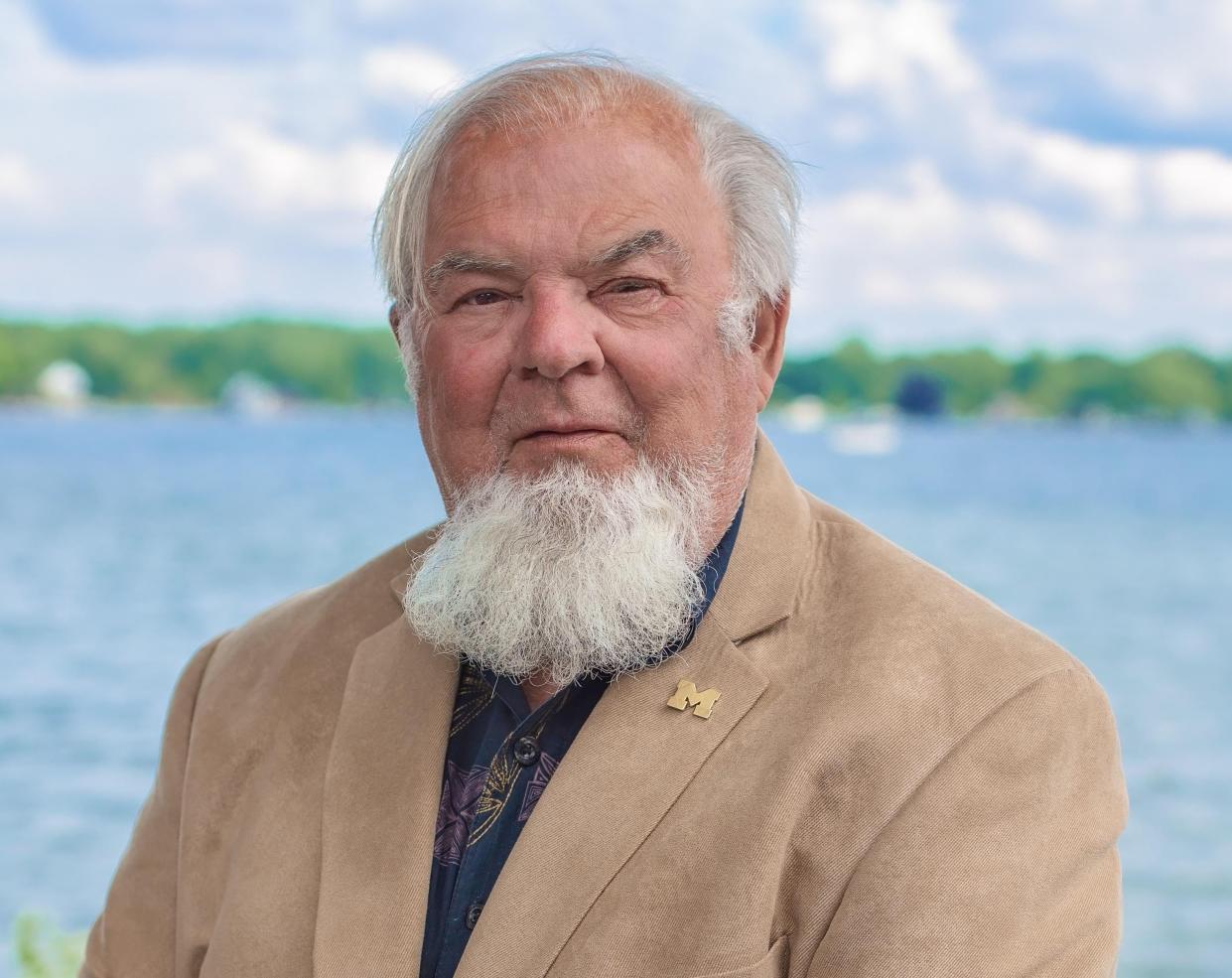James Pfister: Taiwan: Emotional identity versus structure of peace

When the early Portuguese explorers landed on the northern coast of Taiwan in 1590, they called the island “Ilha Formosa,” meaning “Beautiful Isle.” Jerry Chen from New York, on Jan. 22, 2023, published a critical response to my column, “Same Mistake: Vietnam and Taiwan,” of Jan. 8, 2023. Others responded by email. Many of them had a connection to Taiwan. It is clear they love their “Beautiful Isle,” and they want the United States to help them defend it from the desire of the People's Republic of China (herein China) to reintegrate it into China. My thesis in said column was that the United States should mind its own business and defer to China’s sovereignty over Taiwan, which we ourselves support in the One-China policy; that but for our intervening, they probably would already be reunited.
Mr. Chen refers to Taiwan as a “de facto country with a distinctively Taiwanese way of life.” The United Nations replaced the Republic of China on Taiwan with mainland China. In 1972, the United States instituted the One-China policy by joint communique. Unfortunately, in 1979, the year we recognized China, we passed the Taiwan Relations Act which continued to treat Taiwan as an ally. This contradiction has created ambiguity in our relationship with China. Most states in the world do not recognize Taiwan as a state (only 14 do). A “de facto country” over which an adjacent state has sovereignty is not an independent legal entity, no matter how pleasant and democratic it is.
Regarding history, Mr. Chen states that Taiwan’s history “…did not begin with the Qing dynasty…” in the 17th century. Mr. Paul Ding emailed to say that the peoples of Taiwan trace their origins to the pre-17th century: “…since the days of the aboriginals and their ancestors tens of thousands of years ago.” Mr. Ding talks of those who have recently immigrated to Taiwan, “who loved Taiwan so much (to) become Taiwanese citizens — all of them have forged a great and rare melting pot with one single national identity…”
If we were to predate the 17th century, we might have to yield to American Indian sovereignty. The fact is that China governed Taiwan, making arrangements with the aboriginals, as a province from the latter 17th century until 1895, when they were forced to transfer it to Japan as a result of the Chinese-Japanese war, a period of over 200 years. And it was understood at the 1943 Cairo Conference that Taiwan would go back to China after World War II. According to government figures, 95% of Taiwan’s population is Han Chinese, while only 2.3% are Austronesian Taiwanese indigenous peoples.
Mr. Chen makes the point that “every world power is self-interested … Taiwanese and U.S. interests are aligned in the Taiwanese Strait.” Then, he says that “the U.S. would like peace and order in the Indo-Pacific.” If the United States wants peace and order in the region, it should not attempt to defend Taiwan or otherwise interfere in the reunification process. But the United States could help in negotiating a solution, such as a Hong Kong-style deal with a shorter term, where the U.S. would repeal the Taiwan Relations Act and foreswear any further aid to Taiwan.
A war between China and the United States would be unthinkable, even if it did not involve a nuclear strike. An editorial in the Wall Street Journal, Jan.20, 2023, states: “The cost in blood of U.S. sailors and airmen would be enormous…’not seen in living memory.’ The American public has no experience since World War II of enduring dozens of lost ships, including two U.S. Navy aircraft carriers (crew: 5,000) badly damaged or lost…”
There may be reasons for U.S. interest in Taiwan, such as naval intelligence and semiconductors. But Mr. Chen and others seem to cite emotional identity issues, such as prior 17th century history, the uniqueness of Taiwan’s society, its way of life, and love. But those concerns are not consistent with the hard security realities of international relations and rights in international law. The U.S. should concentrate on building a positive-sum relationship with China and on an objective structure of peace and order in the region with appropriate alliances.
James W. Pfister, J.D. University of Toledo, Ph.D. University of Michigan (political science), retired after 46 years in the Political Science Department at Eastern Michigan University. He lives at Devils Lake and can be reached at jpfister@emich.edu.
This article originally appeared on The Daily Telegram: James Pfister: Taiwan: Emotional identity versus structure of peace

